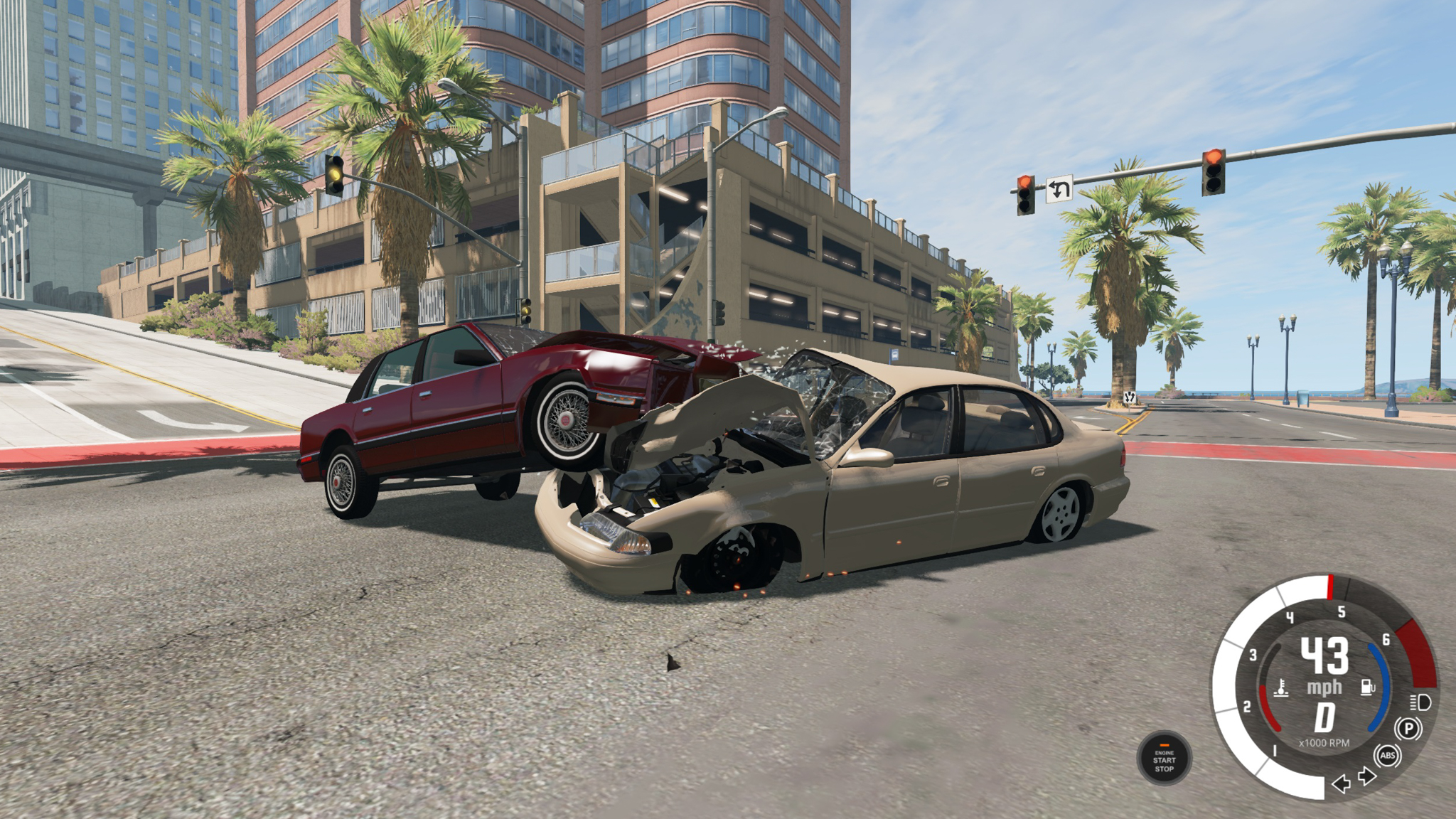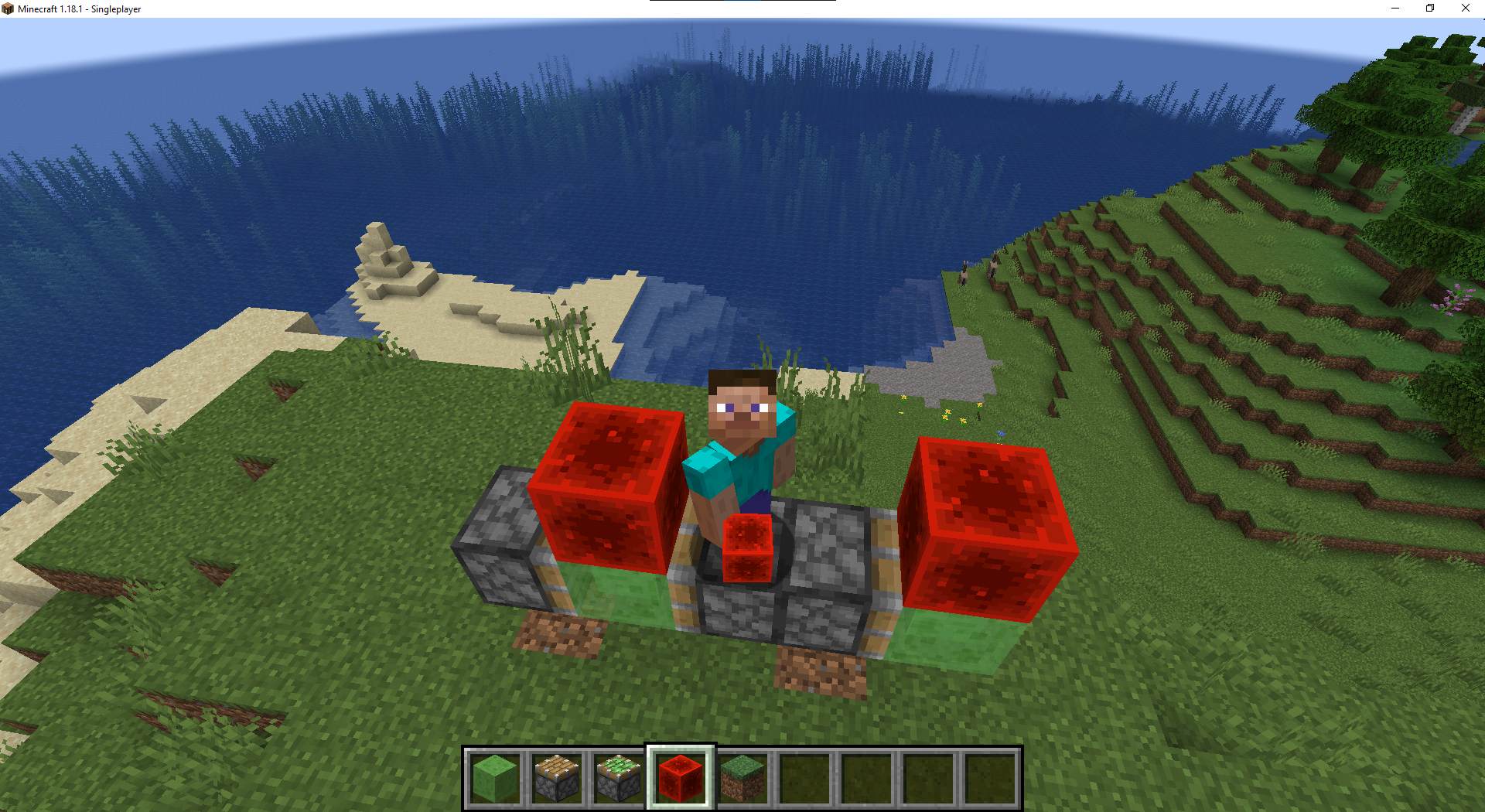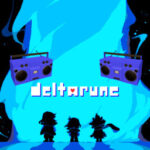Popular Now
Deltarune, the follow-up project from Undertale creator Toby Fox, is a game that thrives on contradiction. While it borrows its gameplay mechanics and visual style from Undertale, its approach to narrative diverges dramatically. Where Undertale gave players tangible control over outcomes and moral weight behind decisions, Deltarune strips much of that agency away. This shift leads to a fascinating debate about what it means to have control in a game, what players expect from interactive storytelling, and how illusion can be just as powerful as choice. In this article, we will dive deep into the most compelling issue in Deltarune’s design: the illusion of player agency, and how it shapes emotional engagement through Chapters 1 and 2.
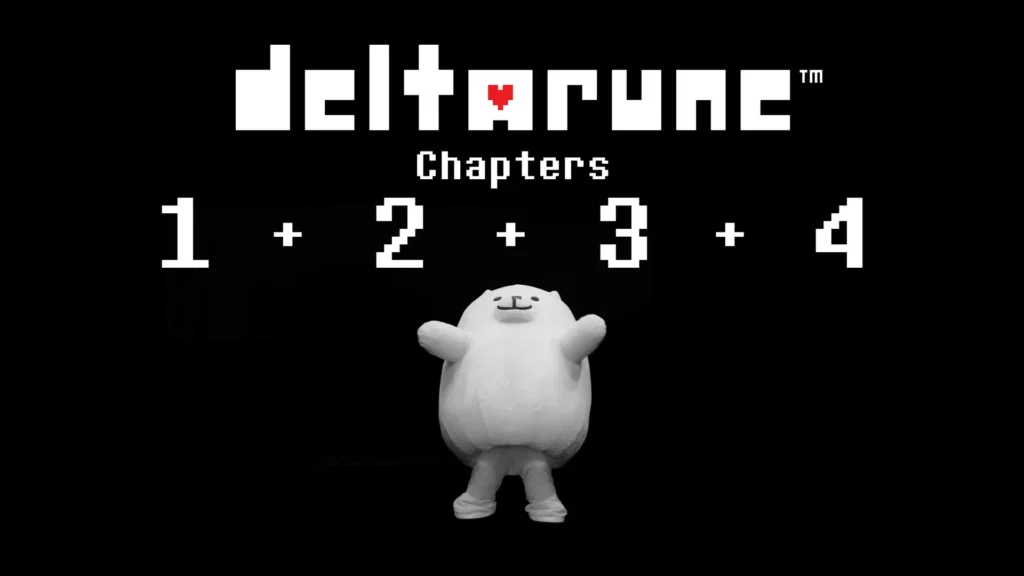
The Legacy of Choice from Undertale
In Undertale, every choice mattered—whether to spare an enemy or to attack them could drastically change the outcome of the game. The game had multiple endings depending on the player’s decisions, which led to a personalized experience that built strong emotional bonds between players and the story.
However, Deltarune opens with a bold reversal. After letting players create a custom character at the start of Chapter 1, the game immediately discards the character and states, “No one can choose who they are in this world.” This opening moment sets the tone: while choices appear to exist, they are mostly superficial. The game presents a narrative already in motion, challenging the player’s expectations about their role.
Chapter 1 and the Bait of Control
Chapter 1 seems like a traditional RPG at first glance. The player is placed in control of Kris, a quiet protagonist, and travels with Susie and Ralsei into the Dark World. Battles look similar to Undertale, with the same spare-or-attack format.
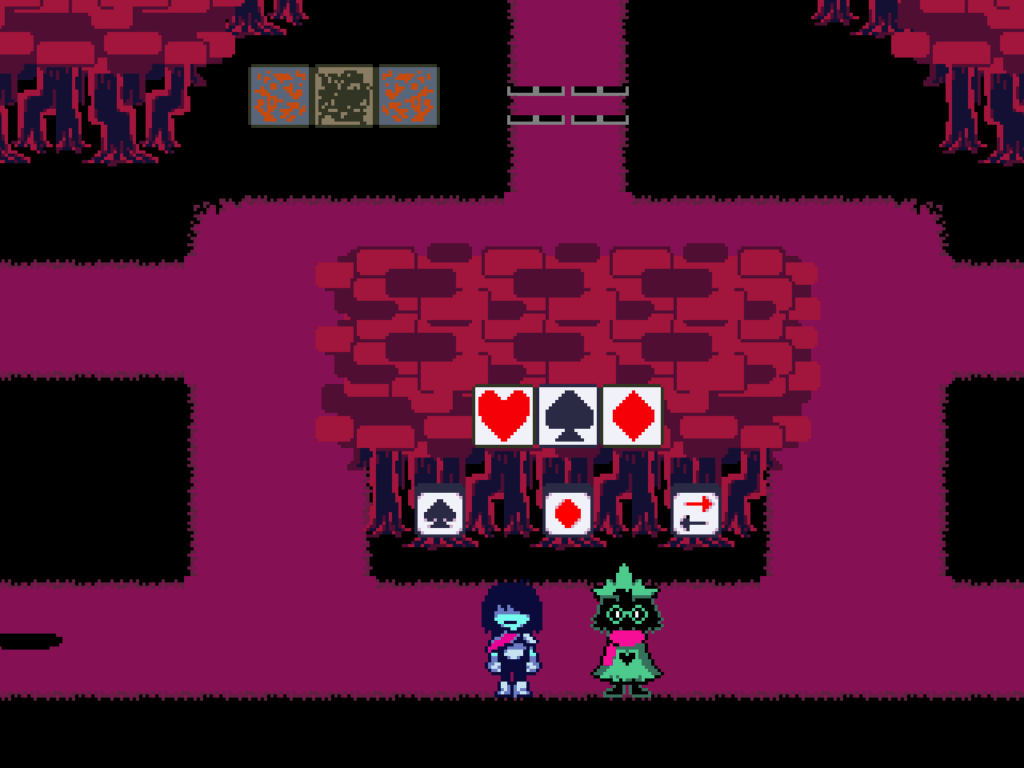
But the more the game progresses, the more clear it becomes that most decisions don't matter. Whether you spare enemies or fight them, the outcomes remain the same. There is no experience, no moral scale. Even boss encounters like the fight with King are decided by the story, not the player.
The contrast between appearance and reality drives home the feeling that you’re not as in control as you think.
The Role of Kris and the Separation from the Player
One of Deltarune’s most unsettling elements is the growing divide between Kris—the character—and the player. While you guide Kris during gameplay, cutscenes and subtle movements indicate Kris has their own will. By the end of Chapter 2, Kris removes the red SOUL (representing the player) from their body, acts independently, and only later reinserts it.
This moment is chilling because it confirms that Kris is not just an avatar for the player but a fully autonomous character. This separation reframes every action taken in the game and makes players question whether they were ever truly in control.
Combat Without Consequences
In classic RPGs, combat outcomes often shape the story. In Undertale, sparing enemies led to peace, while killing them led to consequences. Deltarune rejects this by making battles narratively hollow. Defeated enemies simply disappear, with no rewards or repercussions.
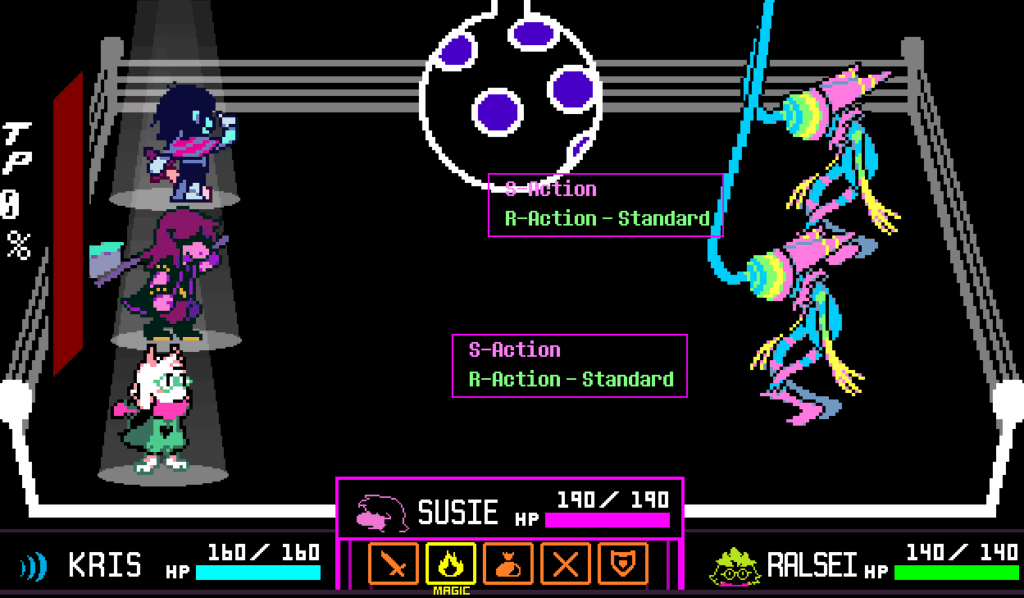
This design choice removes the sense of moral responsibility. Players can still choose to spare or attack, but it’s clear the game doesn’t care either way. It turns combat into a performative act—something done out of habit rather than purpose.
This can be frustrating for some players who expect meaning from every choice, but it also encourages them to shift focus from outcomes to moments.
The Snowgrave Route: A Sinister Illusion of Control
The most significant narrative divergence in Deltarune so far comes with Chapter 2’s Snowgrave route. To trigger it, players must guide Noelle down a path of violence she is clearly uncomfortable with. This isn’t a naturally discovered path—it’s one that requires manipulation and insistence.
Eventually, Noelle casts the forbidden Snowgrave spell, traumatizing herself in the process. While this feels like a moment of real consequence, the game still doesn’t change its final outcome significantly. The same boss appears. The same closing scenes occur, with only tonal changes indicating a different route.
This reinforces the idea that even when choices seem to have meaning, they’re still confined by the same narrative track.
Characters Who Resist Your Choices
Throughout Deltarune, characters act in ways that resist player influence. Susie starts off hostile but gradually evolves on her own. Noelle is deeply affected by player pressure in Snowgrave, yet it’s clear she does not want to follow those commands. Even Ralsei, the most obedient party member, often acts as a mediator between player intent and in-world consequences.
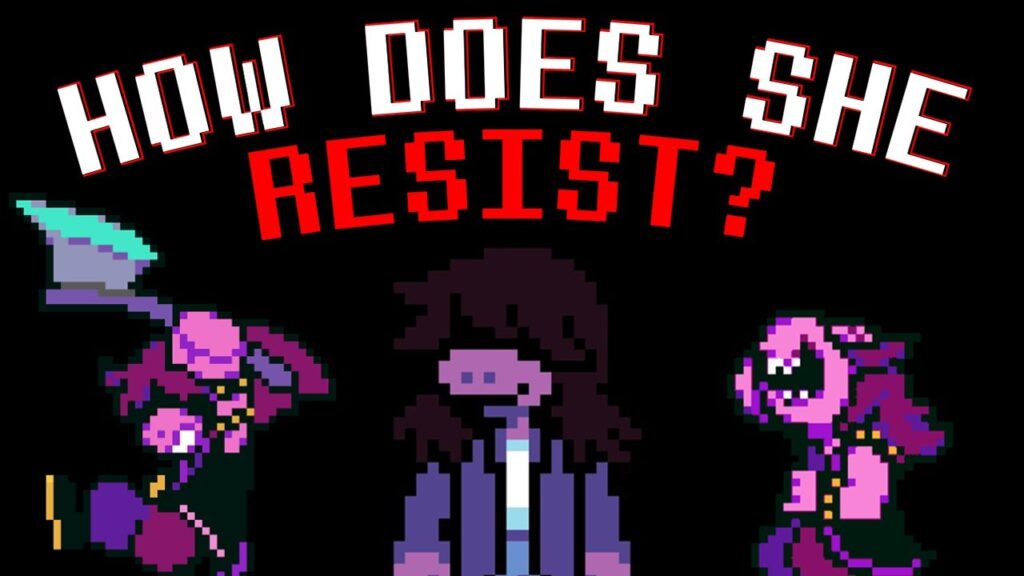
This insulation from player commands builds a sense that the world is not a sandbox, but a lived-in place with rules and emotional logic. You’re not shaping the world—you’re visiting it.
The Role of Humor as a Distraction
Deltarune is packed with humor—absurd dialogue, weird characters like Spamton and Queen, and tons of internet-savvy jokes. While entertaining, the humor serves a narrative purpose: to distract the player from how little influence they actually have.
Laughing along the way keeps players emotionally engaged, even as they begin to realize their decisions don’t shape the plot. This design cleverly offsets potential frustration with charm.
Themes of Destiny and Powerlessness
The narrative design of Deltarune reinforces themes of destiny, fatalism, and powerlessness. By stripping away control, the game forces players to confront their role as passive observers. Every time Kris acts alone, or the story unfolds unchanged, it reminds us that this isn’t our journey—it’s Kris’s.
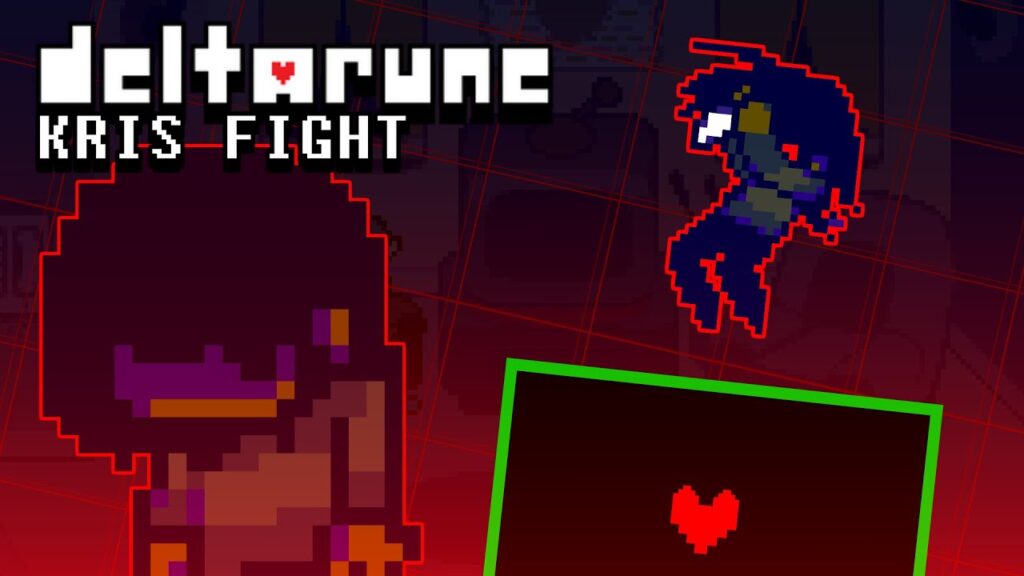
This provokes an existential tension. What is the role of the player in a game that doesn’t listen to them? Can emotional connection exist without mechanical influence? Deltarune argues yes.
Speculation on Future Chapters
Chapters 3 through 7 (still unreleased) are expected to build on the themes established so far. Many fans speculate about Kris’s relationship to the red SOUL and whether the player will ever regain control. Others believe that the illusion of choice will collapse in a future chapter, revealing a larger purpose behind the disempowerment.
Whatever happens, the groundwork has been laid for a climax that deals directly with the battle between player agency and narrative structure.
Conclusion: A Game That Rewrites Control
Deltarune is not a game that wants you to win or lose. It’s a game that wants you to feel. By denying meaningful choice, it evokes discomfort, reflection, and curiosity. It dares to question why players crave control and whether that control is ever truly real.
Through deliberate design, unsettling autonomy, and haunting choices like Snowgrave, Deltarune creates one of the most emotionally complex experiences in gaming today.












